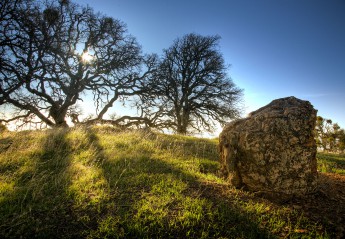Ethics
Fieldwork and Reflexivity
A new paper on ethics and fieldwork. (This paper is not directly relevant to Australian languages but critiques a model (Wilkins’) that is widely promoted for Australian fieldwork.)
Comparative accounts of linguistic fieldwork as ethical exercises
Erin Debenport, University of New Mexico
Abstract
This article is an account of a long-term linguistic fieldwork project at San Antonio Pueblo, New Mexico, an indigenous North American community that places great emphasis on controlling access to cultural and linguistic materials. Using two previous accounts of linguistic fieldwork to frame critical ethical issues (Matras, Language contact, language endangerment, and the role of the “salvation linguist”, Hans Rausing Endangered Languages Project, 2005; Wilkins, Australian Journal of Linguistics 12: 171–200, 1992), I present my experience of working collaboratively with a tribe who limits the circulation of indigenous language materials and shapes the scope of my research inquiries. As part of my account, I delineate the advantages and challenges of this partnership over time, present an account of my role as researcher, and analyze the ethics of gain and loss for both fieldworkers and indigenous communities. In doing this, I argue for the efficacy of reflexivity, continuously examining one’s place in a community of study, and engaging with the experiences of other fieldworkers in order to craft ethical research projects.
Ethics links
Here are a few ethics links, from Zachary Schrag’s InstitutionalReviewBlog:
Being an Ethical Researcher
Mitchell Rolls’ ‘polemical paper’ on Why I don’t want to be an Ethical Researcher. (Australian Humanities Review, Jan03).
via AAASNet
